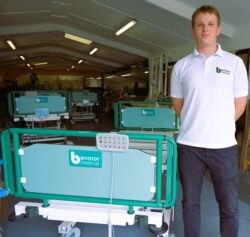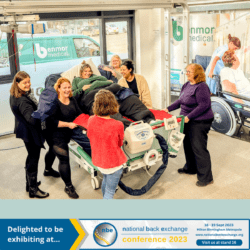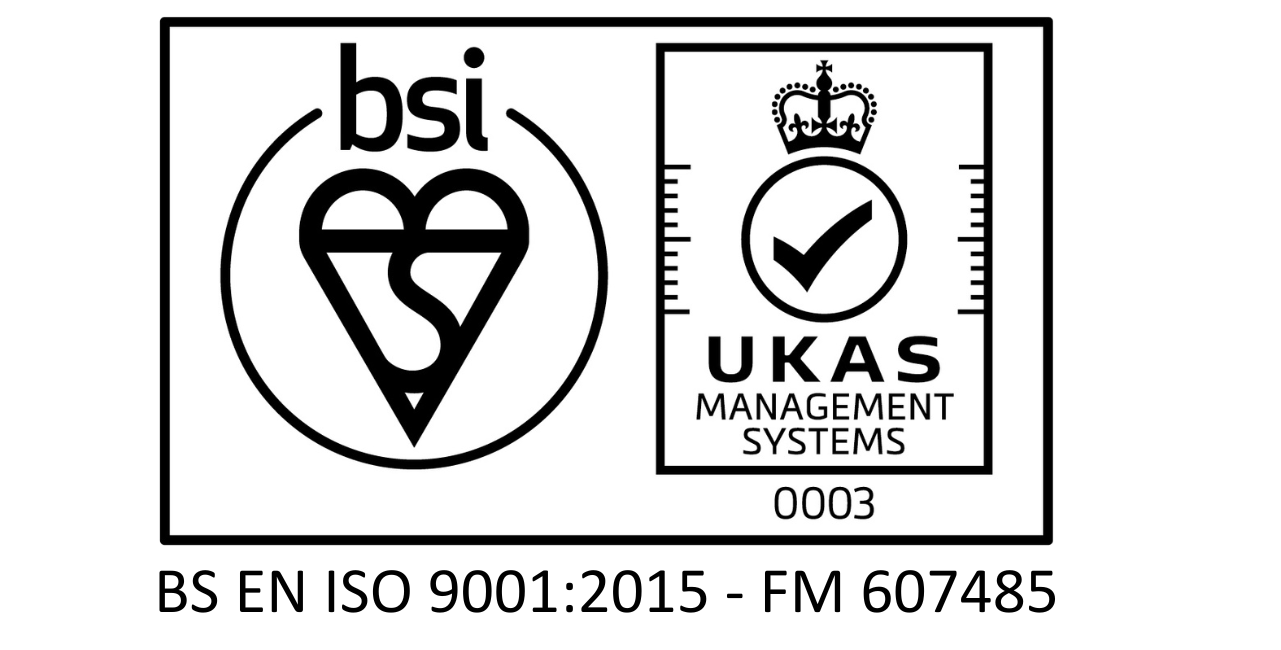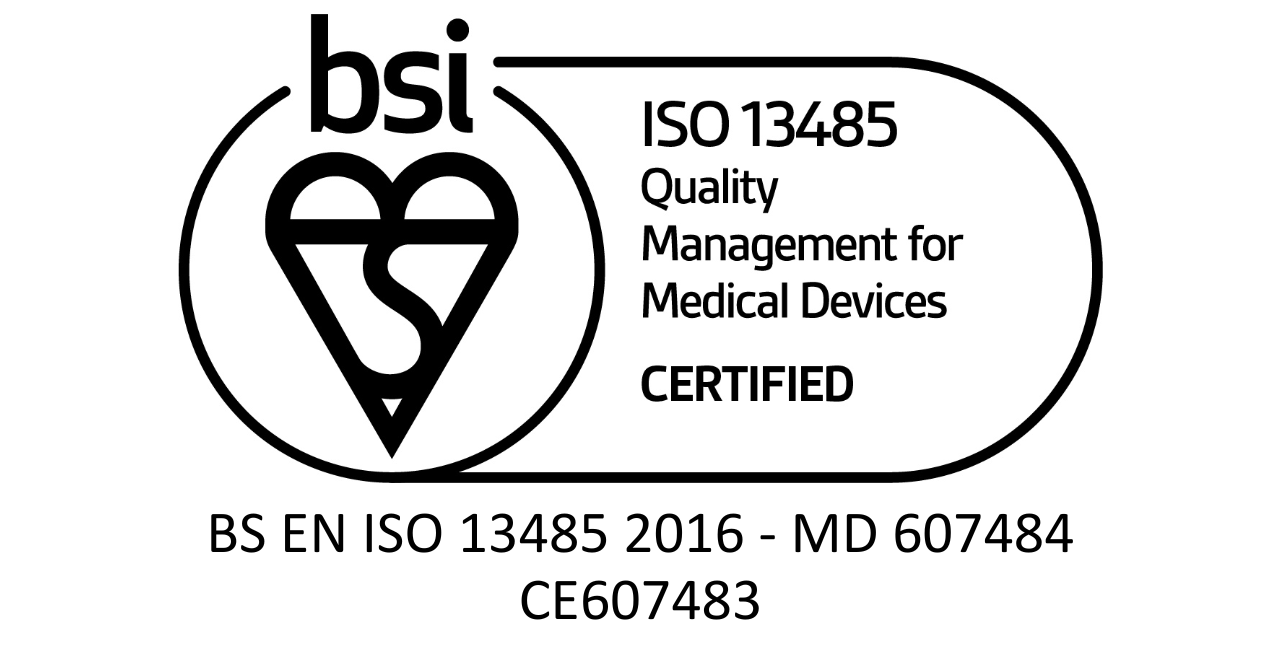The manual handling of bariatric patients can present an array of challenges, no two patients are the same and care should be approached following a comprehensive risk assessment, with the safety of both the patient and the caregiver being paramount.
Since the introduction of our ‘Management of the Plus Sized Patient’ course in 2015, we have had the pleasure of training in the region of 2,500 NHS members of staff in the safer management of this complex patient group.
The course that we provide helps staff to consolidate their knowledge base of body dynamics whilst exploring the effects of a patient’s body shape and weight distribution on their movement and mobility. This in turn assists in the provision of a comprehensive risk assessment process, with effective care plans – showing that every patient is different and must be considered individually.
We are very proud to offer this course at a complimentary rate to NHS members of staff so we can share with them the expertise of our Bariatric Clinical Support, John Humphray who has a wealth of knowledge and experience in this field.
The course is aimed at a range of disciplines including Occupational Therapy, Manual Handling, Tissue Viability, Physiotherapy and Nursing and explores the multi-disciplinary approach to a bariatric patients’ care.
In light of the COVID-19 outbreak, we have postponed our courses until further notice. When we resume a sense of normality and it is safe to run the courses again, new dates will be released on our training page.
In the meantime, if you would like to be added to our interest list please email katie.rowsell@benmormedical.co.uk and find out how you can claim your complimentary NHS place
The aims and objectives of the course:
• Develop knowledge and skills of the principles and practices of the safer movement of the larger patient utilising the Bariatric Handling Profile.
• Understand through use of empathy suits the experience of being a person of a large size.
• Identify appropriate assistive aids and techniques to help prevent a manual handling injury to both the carer and the patient.
• Understand what assessment criteria to consider and be able to ensure the correct equipment to use with recognition that one size equipment does not fit all patients / Service users.
• Provide competence and proficiency to problem solve.
• Ensure that effective arrangements are delivered to ensure that a patient’s journey is respectful and assists the patient towards their goals to attain a healthy lifestyle.







